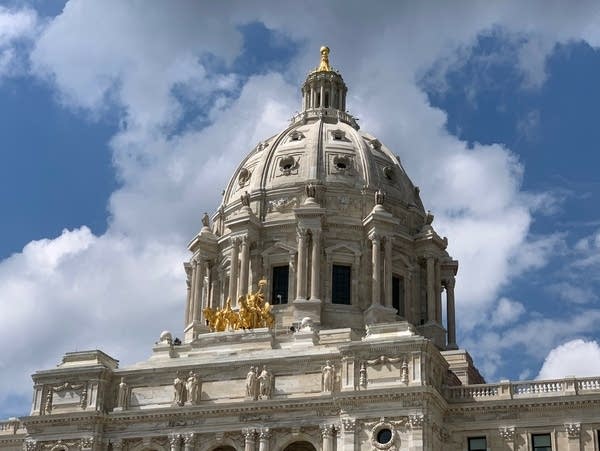This week at the Capitol: Focus on jobless fund

The Minnesota Capitol in St. Paul
Andrew Krueger | MPR News 2021
Go Deeper.
Create an account or log in to save stories.
Like this?
Thanks for liking this story! We have added it to a list of your favorite stories.


